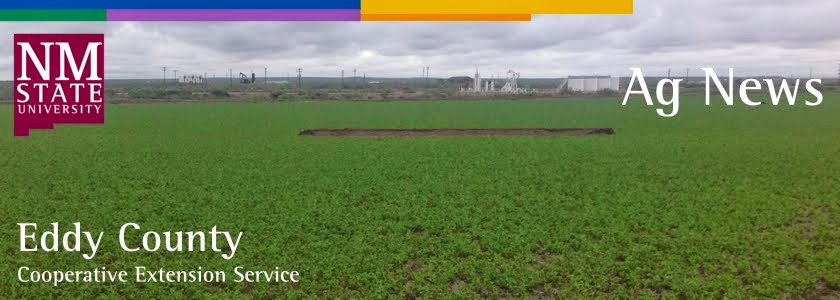The
Bureau of Land Management wants to change regulations that govern livestock
grazing in 11 states
Public News Service
By Roz Brown
Conservation
groups want the Bureau of Land Management to provide more time for the public
to comment on proposed revisions to cattle grazing regulations on 155 million
acres of public land. Wilderness Watch is one of 37 conservation groups that
submitted a letter to the BLM requesting an additional month for people to
comment, and more public meetings beyond the four already held in remote locations. The
conservation groups have asked the BLM for an extension of the comment period
until April 20. It's now set to expire March 10th. They also are requesting
additional public meetings..."All that forage that's out there that cows
and sheep are eating is not available for native animals," says Nickas.
"Disease transmission from livestock to wildlife, predator control and all
of that happens inside these designated wildernesses."... In addition
to Elko, scoping meetings were held in remote cities in (Las Cruces) New
Mexico, (Casper) Wyoming and (Miles City) Montana. No meetings were scheduled
in Arizona, Utah, Colorado and other Western states that have significant
portions of BLM lands where livestock grazing is permitted.
Friday, February 28, 2020
Wednesday, February 26, 2020
GMO Rice growing in sea water.
The article is on ocean water, but it may hold promise to brackish water in the SE NM and/or bioremeadation of produced water.
You May Find Salt-Tolerant Rice Growing In The Ocean By 2021
Forbes
By Ariella Simke
Growing rice in the ocean sounds a little whacky, but ocean agriculture is an emerging form of food production that could have some real potential. Less than 1% of fresh water is available for human use, and 70% of that is used for agriculture worldwide. Increased demand for food and exploding population levels are pushing innovators to explore areas where agriculture has never gone before. One crop taking to the sea is rice...They want to grow rice in the ocean by using gene-editing, which would amplify the expression of genes already found in rice that control salt-tolerance. Salt-tolerant rice could be grown in salty ocean water without the use of soil, fertilizer or fresh water. Rather than inserting genes from other species, they have identified the genes that control for salt expulsion, cellular insulation and DNA protection, and are enhancing the expression of those genes.
You May Find Salt-Tolerant Rice Growing In The Ocean By 2021
Forbes
By Ariella Simke
Growing rice in the ocean sounds a little whacky, but ocean agriculture is an emerging form of food production that could have some real potential. Less than 1% of fresh water is available for human use, and 70% of that is used for agriculture worldwide. Increased demand for food and exploding population levels are pushing innovators to explore areas where agriculture has never gone before. One crop taking to the sea is rice...They want to grow rice in the ocean by using gene-editing, which would amplify the expression of genes already found in rice that control salt-tolerance. Salt-tolerant rice could be grown in salty ocean water without the use of soil, fertilizer or fresh water. Rather than inserting genes from other species, they have identified the genes that control for salt expulsion, cellular insulation and DNA protection, and are enhancing the expression of those genes.
Groups want cows corralled to protect jumping mouse habitat
Groups want cows corralled
to protect jumping mouse habitat
Associated Press
By Susan Montoya Bryan
Environmentalists have accused U.S. land managers of failing to keep livestock and wild horses out of streams and other wetlands in Arizona's White Mountains, resulting in damage to habitat required by a rare mouse species found only in the Southwest. The lawsuit filed Thursday in U.S. District Court in Tucson said the U.S. Forest Service is violating the Endangered Species Act and damaging the New Mexico meadow jumping mouse's habitat by failing to maintain fences, round up feral animals and enforce grazing regulations on forest land in southeastern Arizona. “We entrust the care and protection of these publicly owned treasures to the Forest Service, but it’s completely abdicated its responsibility. And the adorable jumping mouse is being pushed closer to extinction,” said Robin Silver, a cofounder of the Center for Biological Diversity, one of the groups that is suing.
Associated Press
By Susan Montoya Bryan
Environmentalists have accused U.S. land managers of failing to keep livestock and wild horses out of streams and other wetlands in Arizona's White Mountains, resulting in damage to habitat required by a rare mouse species found only in the Southwest. The lawsuit filed Thursday in U.S. District Court in Tucson said the U.S. Forest Service is violating the Endangered Species Act and damaging the New Mexico meadow jumping mouse's habitat by failing to maintain fences, round up feral animals and enforce grazing regulations on forest land in southeastern Arizona. “We entrust the care and protection of these publicly owned treasures to the Forest Service, but it’s completely abdicated its responsibility. And the adorable jumping mouse is being pushed closer to extinction,” said Robin Silver, a cofounder of the Center for Biological Diversity, one of the groups that is suing.
Subscribe to:
Posts (Atom)
